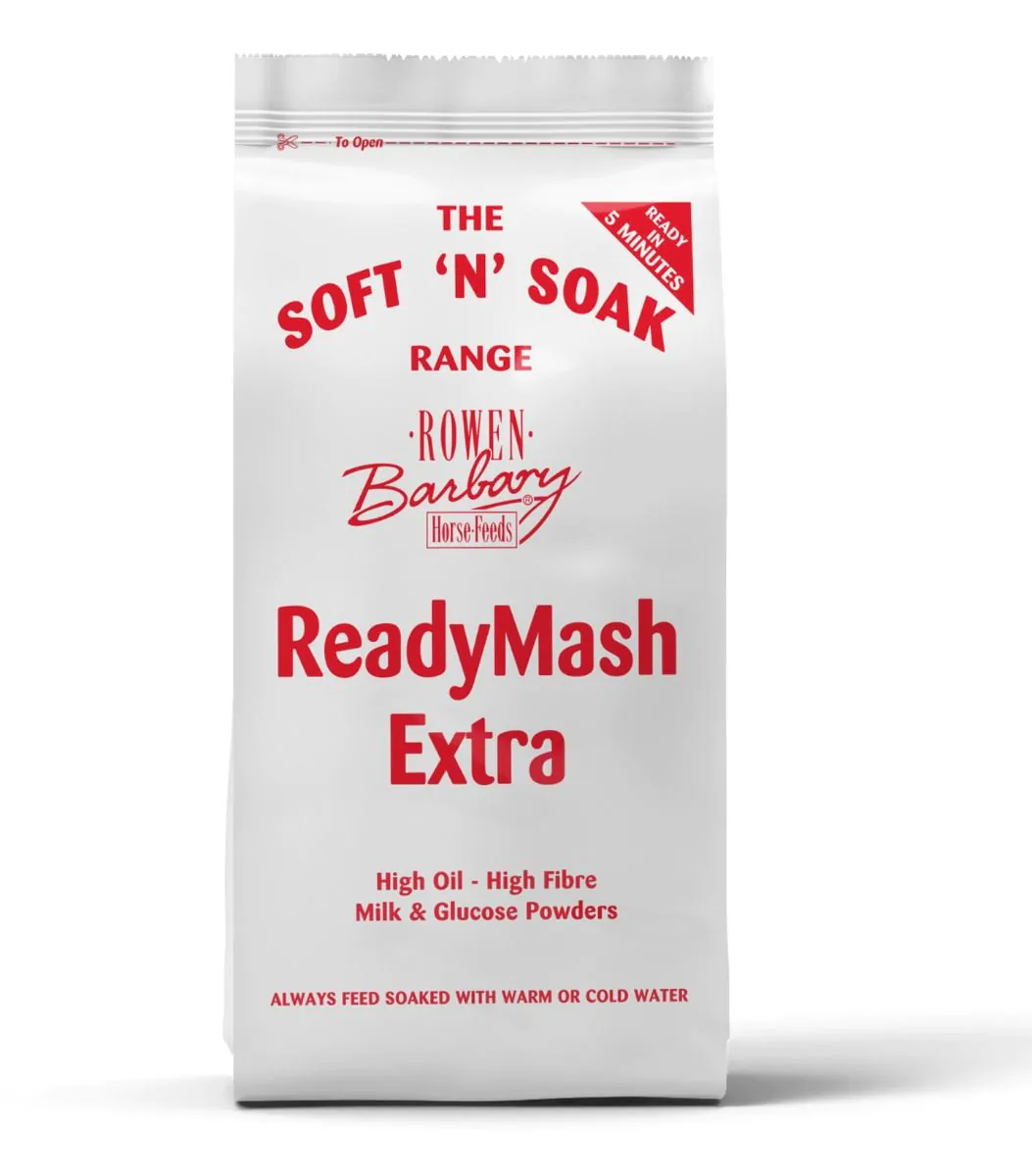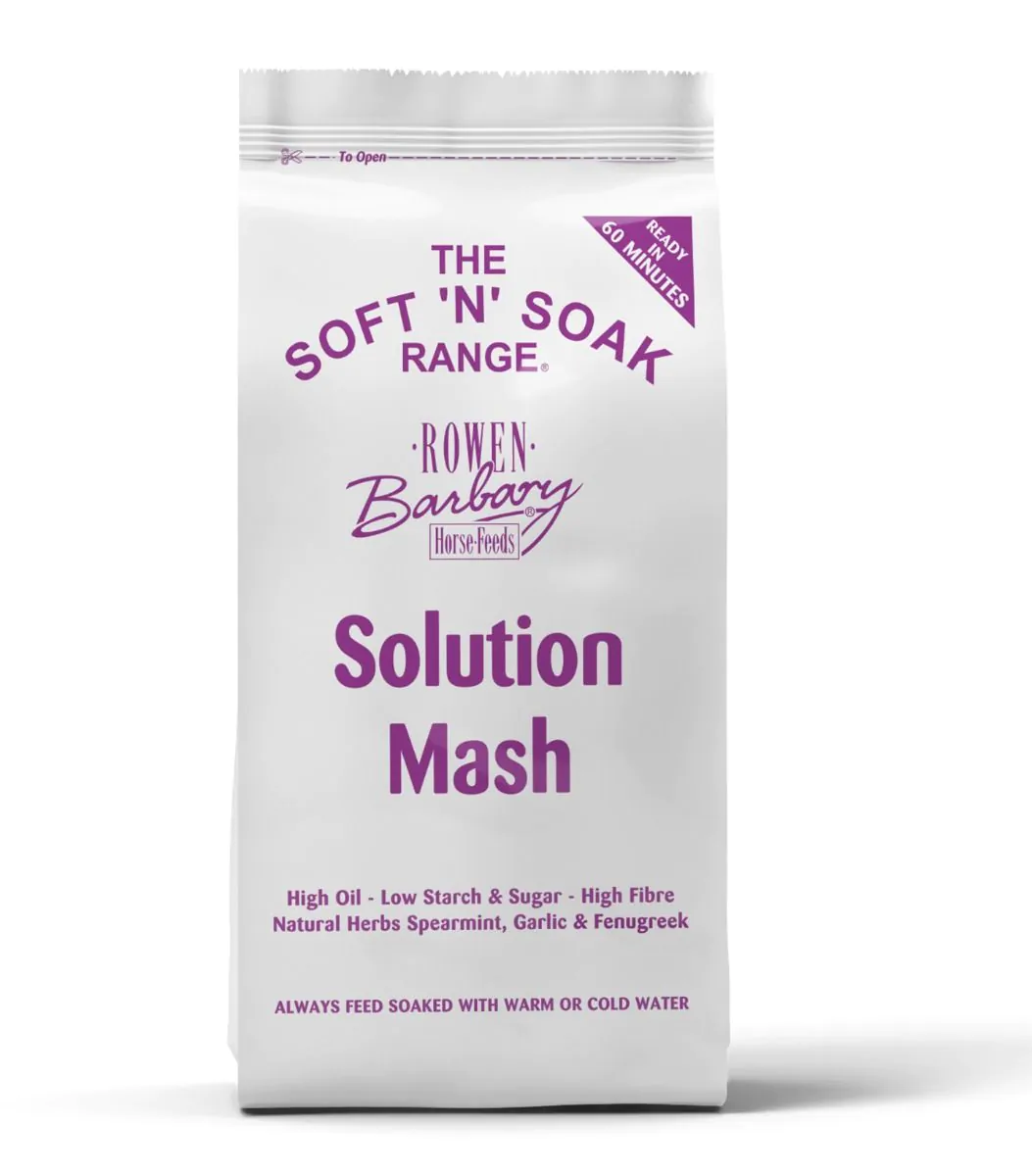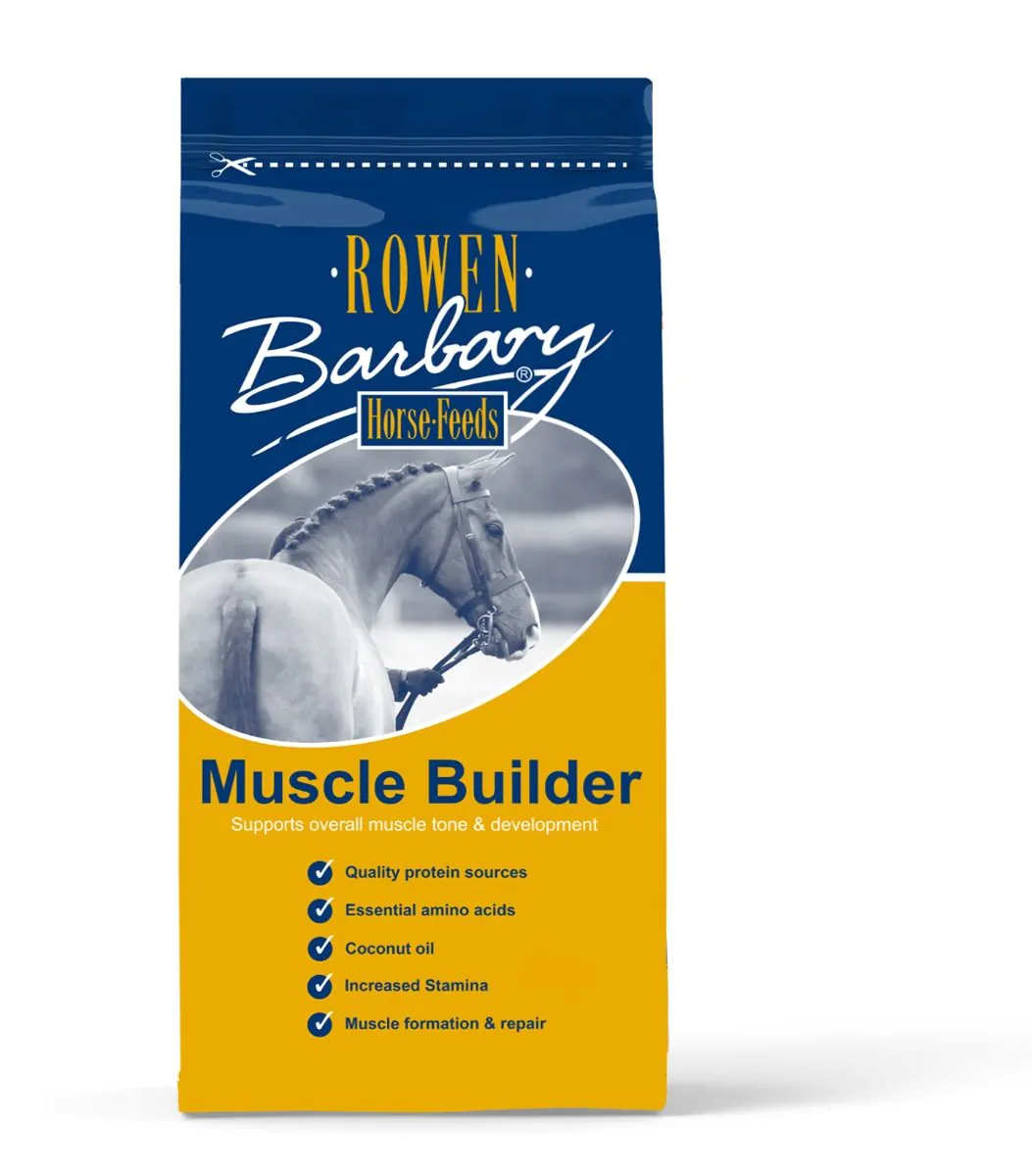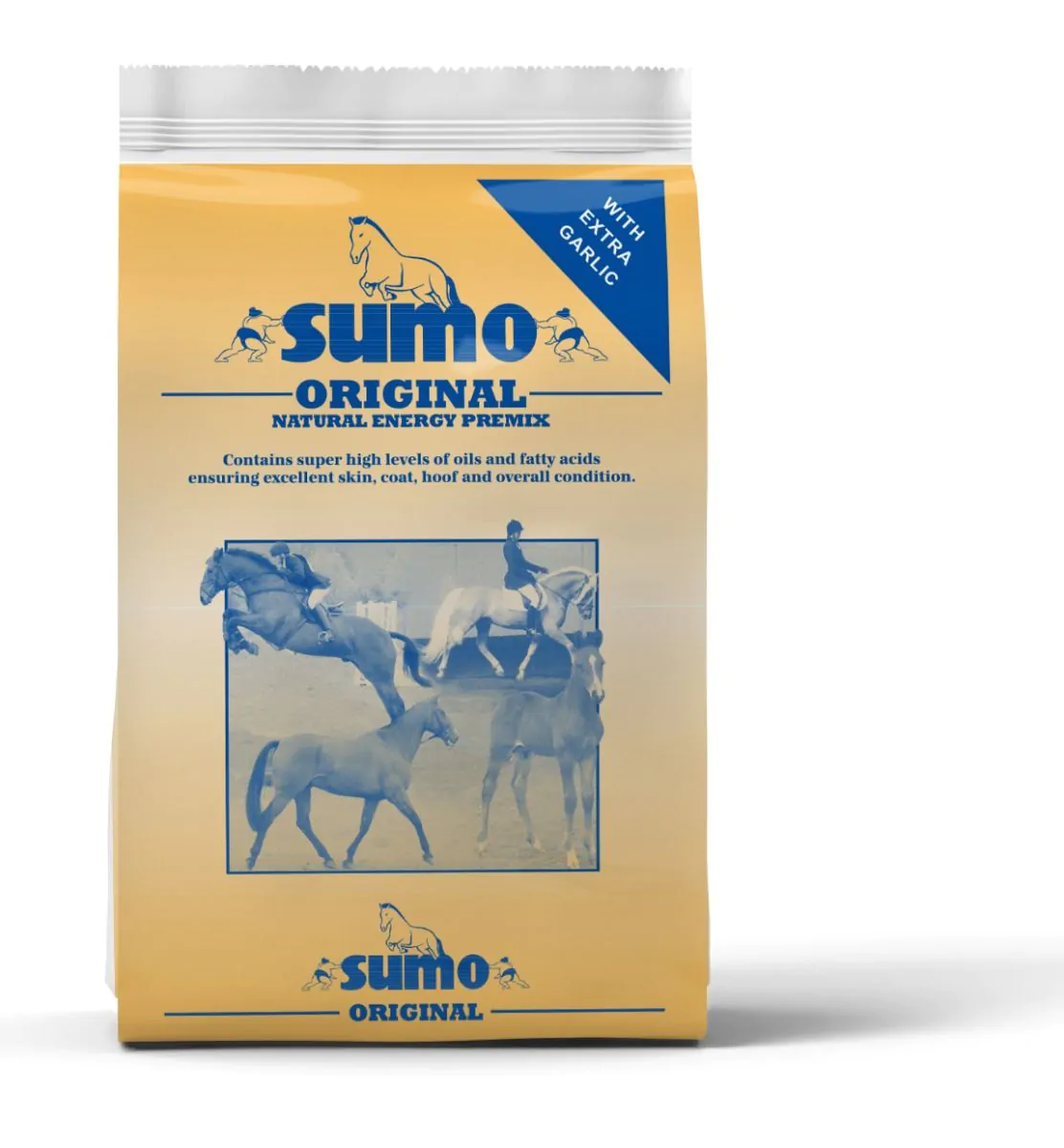- 22nd February 2022 by Rowen Barbary
Feeding the Poor-Doer
A poor doer is a horse or pony that tends to drop weight quickly and struggles to maintain. There are many reasons as to why your horse or pony is a poor doer, it could be anything from being a fussy eater, having a low appetite, dental issues or due to medication. Breed can also impact their ability to hold weight but is not always the reason.
Routinely monitoring for changes can help keep track and notice patterns if your horse always loses condition over winter or during a particular time of year, the owner can pinpoint the cause and look at ways to maintain and improve condition before they lose it completely.
The forefront of any diet is fibre to help maintain and support a healthy digestive system. Fibre also plays a role to maintain body heat, as the microbial fermentation of fibre, produces heat as a by-product. If your poor doer lives out, they may require higher quality forages by providing hay/haylage, horses stabled should have ad lib forage. The fibre level should be a minimum of 1.5% - 2% of the horse or ponies body weight a day. For example, a 500kg horse should have an intake of 7.5kg - 10kg of fibre a day. When trying to improve weight gain ensure your horse or pony's fibre level are being met, before increasing the quantity of feed. This includes all fibre sources such as grass, hay, haylage, chaff, sugar beet and alternative sources such as soya hull pellets.
The quantity of the feed also may affect how quickly your horse or pony . A simple increase in the current feed could initially help however, it is important not to increase volumes too high as this will be difficult for the horse to digest. Also, when increasing feed, it is important to take into consideration the excitability or nervousness of your horse. Any cereal-based feeds that are high in starch can be a quicker solution to helping to improve condition however, it could drastically alter their behavior. If you do have a particularly excitable or nervous horse look for a lower starch low sugar diet or, a high fibre and oil diet. A high oil diet results in more calories which is good for improving condition but is a slow-release energy source to help reduce excitability and nervousness.
Rowen Barbary have two condition mashes, a cereal free mash called Solution Mash as well as Ready Mash Extra which contains milk powder alongside breakfast cereals to help encourage controlled weight gain. If your poor doer, is in a demanding workload and the increase in either of the mashes is not quite reaching the demand, Rowen Barbary have the Sumo range. Rowen Barbary’s Sumo range has been manufactured for over 40 years. The Sumo range is an option when you have already increased the feed and your horse or pony still requires condition without bulking the feed.
We recommend our Sumo Muscle Builder works hand in hand with the Ready Mash Extra. The Sumo Muscle Builder contains good quality protein sources alongside additional milk powders to help encourage muscle tone and development and is a beneficial source of slow release energy to help support increased stamina and performance. The Muscle Builder and the Ready Mash Extra contain cereals, resulting in a higher starch content. When introducing the Muscle Builder into the diet gradually introduce at half a gram per kilogram for 10 days and then increased to 1 gram per kilogram of bodyweight until your horse or pony has reached optimal condition. For example, a 500kg horse would be recommended 500 grams a day split between feeds after the 10 day introduction.
If you are wanting to maintain a cereal free diet either for health reasons or you are requiring longer stamina periods. A high fibre, high oil diet is recommended particularly those in the endurance discipline. The Sumo Original and Solution Mash work hand in hand to ensure the horse is receiving a low sugar and starch intake but still receiving a high calorie diet.
The Sumo Original is opted for those looking for stamina, as the oils produce twice the amount of energy as carbohydrates produced by traditional cereals. We recommend gradually introducing the Sumo Original to the Solution Mash, to allow time for the horse or pony to become used to the smell and taste of a high oil diet. We recommend an inclusion rate of half a gram per kilogram of body weight until your horse or pony reaches optimal condition. If you are feeding for the purposes to support their stamina and performance, then continue to use until the workload reduces. For example, a 500kg horse is recommended 250 grams a day, split between feeds.
If you have a poor-doer and you would like some guidance on the most suitable diet, please contact the Rowen Barbary team at advice@rowenbarbary.co.uk .
 Eleanor Blinkhorn (Bsc) | Equine Nutritionist
Eleanor Blinkhorn (Bsc) | Equine Nutritionist
 Eleanor Blinkhorn (Bsc) | Equine Nutritionist
Eleanor Blinkhorn (Bsc) | Equine Nutritionist 
About Rowen Barbary
All manufacturing at Rowen Barbary is carried out in a state of the art mill located in the heart of the Shropshire countryside. We use only the highest quality ingredients sourced, where possible, from local farms before they are blended by our dedicated team in our UFAS audited mill.
Rowen Barbary also conforms to BETA NOPS guidelines with raw materials & finished feeds regularly laboratory tested to ensure that every bag of feed continues to meet not only ours, but also your high standards.
We Recommend...





